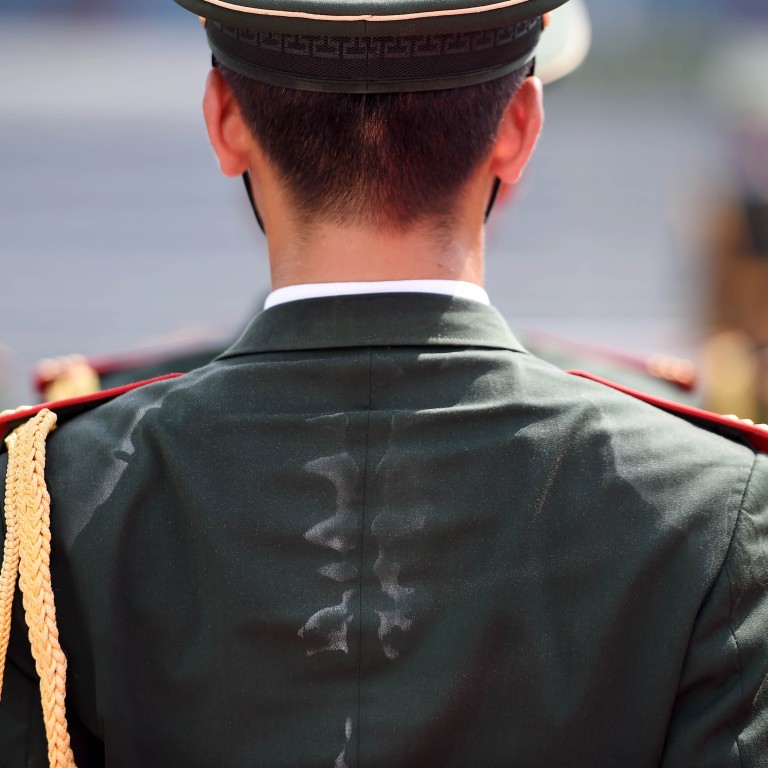
The second world war may have ended in Asia, but the fight goes on
Alice Wu says without an attempt to heal the wounds of the second world war, with all sides agreeing on closure, history will remain the key battleground in the search for meaning
This Thursday, we get an extra day off to commemorate the 70th anniversary of the end of the second world war. As world leaders are stressing - more like contorting - themselves over where, how and with whom they're going to do their commemorating, most of us are contemplating what to do with an extra holiday.
What is the meaning of commemorating the 70th anniversary of the end of the war - or, as our country calls it, the end of the Chinese People's War of Resistance against Japanese Aggression - if not to remember how power can corrupt, and to what depths, and how easily, humanity can fall into the darkness of hell?
We are also marking the day to remember those who lost their lives, and to be able to say "never again". We commemorate the day because we do not want history to repeat itself.
History is a curious thing, especially in this part of the world. It's not just the right-wing Japanese politicians who have serious hang-ups over it. For a long time after the war, Chinese "comfort women", a euphemism for women forced into sexual slavery during the war by the Japanese invaders, were considered shameful. Researchers have found rape victims who suffered further abuse as stigmatised "collaborators" of the enemy.
So when we say "never again", what is it we don't want to see repeating?

There are those who seem to have gone stark raving mad, like the former president of Taiwan, the "father of Taiwanese democracy" Iwasato Masao - otherwise known as Lee Teng-hui. Lee, who grew up under colonial rule in Taiwan, called Japan Taiwan's "motherland" in an interview this month that outraged many people. Even though Taiwan was Japan's colony then, "motherland" is truly a bit of a stretch.
Lee, or Iwasato, grew up at a time when many parents chose to take Japanese names for their families to improve their social and economic conditions.
His recent comments were a reminder that cultural indoctrination can produce total freak shows. Imagine the childhood trauma this man and many like him suffered. Iwasato not only once worshipped Hirohito as his "personal god", as many Taiwanese students at that time had to do, he also volunteered to fight for the Imperial Japanese Army.
After the end of the war, he briefly joined the Chinese Communist Party twice - out of hatred for the Kuomintang, he later claimed - and became a born-again Christian. Then his hatred for the KMT apparently subsided, for he joined the party in 1971 and steadily rose through its ranks until he became its chairman in the late 1980s. Then he turned against the KMT.
Iwasato/Lee is clearly a deeply conflicted man who is torn about his own identity.
He is also a byproduct of the very circumstances we want to avert when we say "never again". He symbolises the very reason for not only why the world must not go down the path of war again, but also why, as we commemorate the end of the most devastating conflict the world has suffered, we must strive to come to a consensus on what actually happened. Without it, there will be more Iwasato/Lees who stand ready to reopen old wounds, to feast again and again on conflict.
Commemoration is a process of healing, and, ultimately, a way for the world to move forward. If we consider how much arguing occurs every year at this time, over the same things, we know that we have made little progress in the past 70 years, at least when it comes to the war on the Asian front.

